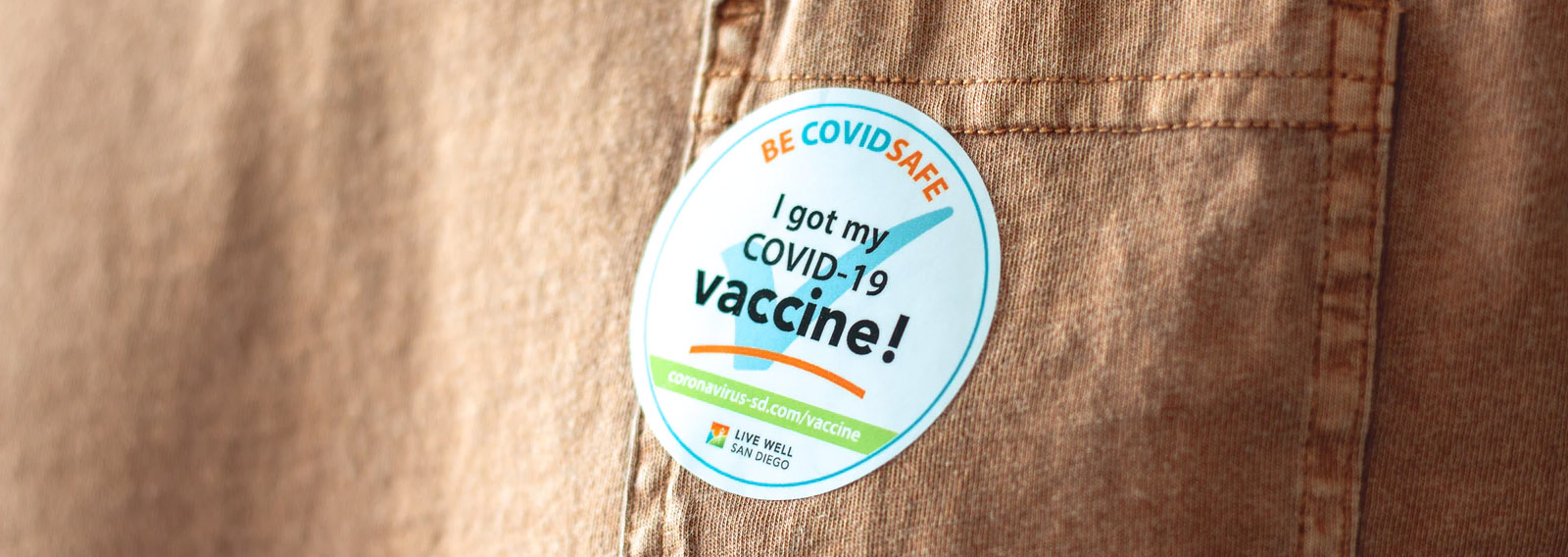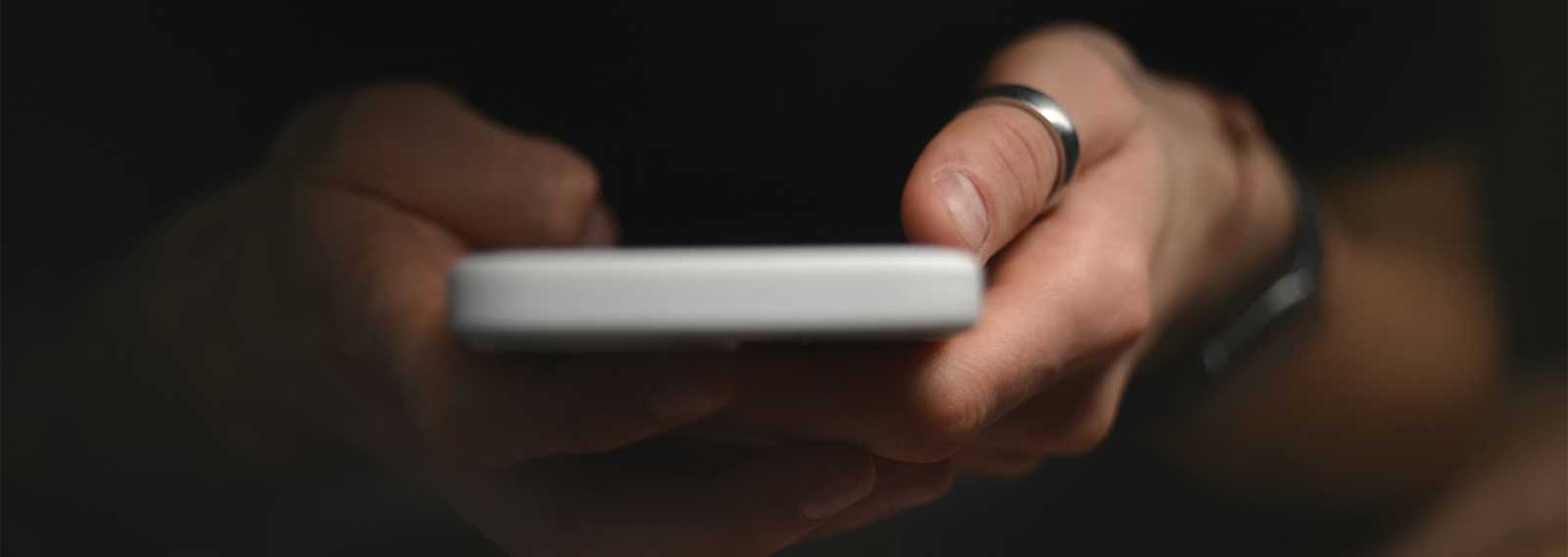“Why won’t they listen?”
“How can they be so irrational?”
“What misinformation have they been reading?”
Perhaps you’ve asked yourself questions like these after encountering or even debating a group of coronavirus “anti-vaxxers”[1] on the internet.
You’ve explained the science. You’ve explained the logic. Still, they will not budge. They remain steadfastly opposed to having the vaccine.
If you’ve had the coronavirus vaccine, or are planning to have one, good for you. This article is not designed to undermine the choice that you have made for yourself.
The purpose of this article is to show you why other human beings will make a different choice than you, even with the same information. With any luck, it will give you some insight into the complexity of human decision-making, and enable you to respect, rather than belittle, the choices that other people make.
“But the vaccines are safe.”
The claim that “the vaccine is safe” is a mistruth. The vaccine is not entirely safe, and it comes across as disingenuous when people continue to state that it is. Within just a few months of the rollout of the AstraZeneca brand of the vaccine, [2] European countries suspended the vaccine when it emerged that people were suffering a disastrous side effect of blood clots in the brain.
It wasn’t long afterward that Australia announced it would pull the plug on this brand of vaccine.
Alternative vaccine brands have been shown to have similar blood clotting risks, and other serious side effects have since come to light, such as heart inflammation.
Particularly troubling is the fact that many of these serious side effects are skewed towards younger age groups, and even adolescents.
“But the risks are rare.”
No matter how unlikely the risks, they are non-zero. The people who are killed by a side effect of the vaccine are real people – people with parents, spouses, children, friends. It is of little comfort to the loved ones of the deceased to coldly say “but the risks were rare”.
An aloof statistician can talk about your risk being “one in a hundred thousand”. But if you are that one who is now lying dead or seriously injured, the chances that it happened are 100%.
Not everyone is willing to play Russian Roulette, even with a small risk.
“But the risks are lower than […]“
Cue arguments about road accidents.
Sure, life is full of risks. But everyone is entitled to make his or her own decisions concerning risk. I might decide that I am willing to accept a 1 in 50,000 chance of being hurt by driving a car, but not a 1 in 100,000 chance of being hurt by taking a vaccine, after considering the respective gains from engaging in the two activities.
Each person’s evaluation of risk is a computation with dozens of inputs of differing weight, which depend on that person’s individual preferences and circumstances. Because we are not robots, no two people will evaluate the same risk in precisely the same way. It is therefore incredibly patronising for one person to presume that they can dictate to another person how they should think about a particular risk.
There are people who take up BASE jumping or motorcycle racing despite these activities carrying considerable risk. That is their business. There are people who will not travel by air despite it being a very low-risk mode of travel. That is their business. It is not my place to decide what risks another person should and should not take.
“But the virus is more risky than the vaccine.”
This is not the slam-dunk argument that vaccine enthusiasts imagine it to be. It assumes that two things can be equated, when in fact they cannot.
For starters, looking at raw numbers alone, it is not true that the virus is more risky than the vaccine for every age group. It certainly appears to be true for people who are older. But in younger people, the risk posed by the virus diminishes and some of the serious risks posed by the vaccine (such as blood clots) almost certainly increase.
Next, you cannot equate an “act of God” with an act of man. If I were to ask you, “Would you rather die from being gunned down by a mass shooter, or from a sudden heart attack?” most people would choose the latter. As humans, we are averse to being killed or injured “artificially” by other people, and given the choice, we’d rather be killed or injured by an event of nature—especially a health-related event. This explains why many people would rather “take their chances” with the virus than with the vaccine, even knowing that the virus might be riskier on numbers alone.
To the above may be added the issue of time and randomness. To die from a vaccine side effect is to die at the hands of men, at an appointed time (usually within several weeks of receiving the vaccine). Whereas, to die from the virus is to die by the hand of God, at some vague and unknowable time in the future. For many of us, the latter is preferable.
None of this is irrational. It is human. As Mr Spock had to learn in Star Trek, human decisions are more than putting numbers through a set of logic gates.
“But you might die!“
Most of the people I know who have decided not to have the Covid vaccine, or who are leaning that way, are Christian believers. In other words, we are people for whom Christ has removed the dread of death.

That aside, even the most pessimistic numbers put the population-wide risk of death from Covid at about 2%. This risk becomes considerably lower the younger and healthier you are. For many of us, this risk is sufficiently low that it can be quickly outweighed by other considerations.
“Do it for herd immunity.”
Even if I’m happy to take my chances with the virus as an individual, mustn’t I have the vaccine so that we can achieve “herd immunity” and defeat the virus that way?
Nobody knows how many people must be vaccinated in order to achieve “herd immunity”. The WHO admits that the percentage threshold is unknown. Australian “experts” admit that they do not know the answer.
Other key factors remain uncertain: the degree to which the vaccine reduces transmission of the virus, the duration of immunity provided by the vaccine, and the effectiveness of the vaccine against new variants of Covid. With so many unknowns, it is reasonable to conclude that “herd immunity” simply may not be achievable, and its pursuit might be something of a fool’s errand.
Indeed, it seems likely that herd immunity by vaccination is a panacea that is being grasped at by politicians and populaces who are desperate for a return to “normal life”, but one which will forever remain out of reach. Level-headed commentators have acknowledged that one way or another, Covid cannot be defeated and will be with us forever.
“Do it for other people.”
But even if we can’t beat the virus, shouldn’t people get vaccinated to reduce the overall risk of Covid to the whole community?
While this argument comes from a good place, closer inspection shows that it isn’t quite so simple.
Firstly, the “greater good” can never override the fundamental rights of the individual, and the decision to vaccinate is ultimately a decision made by individuals because it is individuals, not populations, who bear the risk of vaccination. It is immoral to demand that an individual take on risk for the benefit of the group—especially when that individual will not be compensated for a realised risk.
Secondly, the age asymmetries inherent in Covid and its vaccines mean that the reorganisation of risk is unjust. If everyone in a country were to have the vaccine, what will actually happen is that risk will shift from the old (who are at greater risk from the virus) to the young (who are at greater risk from many of the serious vaccine side effects, such as brain blood clots).
Given that younger people will lose more years to premature death and disability, shifting risk in this way cannot be easily justified. Indeed, it can be seen as quite obscene. It is nothing at all like the case for vaccinating young children against diseases such as whooping cough and measles, where those at most risk from the diseases are children.
An analogy would be charging the lowest car insurance premiums to drivers who are at highest risk of car accidents (eg. P-platers), and highest premiums to drivers at lowest risk.
Thirdly, the “do it for others” argument is flawed in the same way as much of the political response to Covid the world over: “success” is based on the single metric of Covid case numbers. Just as the “success” of lockdowns is foolishly measured by declining Covid case numbers alone, ignoring a myriad of other measures of human wellbeing, we must not ram through vaccination thinking only of Covid case numbers.
Believe it or not, there are other important things in the world, and many of these things are severely threatened by an aggressive Covid vaccination regime focused exclusively on the numbers:
- The basic right of all individuals to freely choose what medication they take.
- The cohesion of society, as opposed to its segregation and the stoking of fear and animosity towards minorities who make different medical choices.
- Freedom from bureaucratic and technocratic overreach, and the escalation of authoritarian rule that we have experienced throughout 2020-21.
- Public trust in doctors, pharmaceutical research, and the health system overall.
- Public trust in successful and proven vaccines, such as those against measles and polio.
- Limited resources that could be spent on the plethora of other diseases which continue to afflict people, which are instead diverted to fund the purchase and rollout of a handful of costly new vaccines.
- Our sense of perspective, as populations are trained to obsess so much over one virus that they increasingly neglect all the other issues in the world.
- Our sense of moral perspective, as we come to idolise safety, longevity and “a return to normality” (where “normality” usually means “luxury”).
- Our sense of eternal perspective, as we cling desperately to life, refusing to face our mortality.
Many of us see these valuable things being wrecked by Covid vaccine mania, and we believe that the wrecking of these things will cause profound, cumulative, long-term harms to people—far worse harms than the harms of not vaccinating. And so, for those of us who perceive things this way, saying “no” to the Covid vaccine at the present time is in fact a greater act of good towards the human community than clambering aboard the bandwagon.
I repeat: freed from the tunnel vision of case numbers, our choice to decline the Covid vaccine is motivated by our concern for the good of others, our love for our neighbour.
Like I said at the beginning, my goal here wasn’t to talk you out of having a Covid vaccine if that’s what you really wanted to do. It was to open your eyes to the reasons why many people of faith and goodwill are choosing differently.
You can continue to argue with us, share your anti-anti-vax memes, and demonise us as conspiracy theorists and selfish granny killers. You can cross to the other side of the room when we enter, so that your vaccine-primed immune system won’t be assaulted by the Covid particles cascading off our bodies.
But now that you understand us better, we’d prefer it if you just respect our decision and leave us alone.
[1] One of the strange phenomena of 2021 is the application of the label “anti vaxxer” to people (including myself) who have gladly accepted dozens of other human vaccines, but are reluctant to have the Covid vaccine. This is naked propaganda, designed to insult and marginalise.
[2] The AstraZeneca brand also happens to be one which was developed using tissue harvested from an aborted foetus. This is something which many Christians consider morally objectionable.






















You must be logged in to post a comment.